The special three
The special three
Among the people who did not join the expedition of Tabook were three Mo’men who were true, sincere but negligent. Let the expedition start today, they thought, I shall start tomorrow and catch up with it. Next day he thought today is too hot, probably tomorrow will be a bit less hot and I shall start and join it. This kind of procrastination, human weakness kept them back from joining the expedition, till suddenly they came to know that the Messenger was returning to Madina. Then they realized what they had done and became highly repentant and remorse. Unlike the other disaffected they did not come up to the Messenger with excuses but honestly stated the fact, admitted their guilt frankly and asked for pardon. Allah did not declare these three as Rijs (unclean, impure), nor that they were dwellers of hell like the disaffectors who put up excuses, (probably for their sincerity and admittance of guilt) but ordered their excommunication from the Ummah. Later when order was passed that they were not allowed to approach their wives, the wife of Helal (r.a.) bin Abu Umayya came to the Messenger to tell him that Helal (r.a) was so old that he was lost without someone to serve him. The Messenger allowed her to serve him provided that he would not approach her, to which she replied that Helal (r.a) was almost constantly weeping, meaning that he had no time or thought of anything else. After fifty days during which the lives of the three Mo’mens turned into nightmares, people did not talk to them, did not return their greetings, their lives became miserable to such extent that they desired death or pardon that came from Allah.
The point to note in the matter of the special three is that Helal (r.a) was punished for not joining the Jehad, which was Qetal (armed fight). If an old person like Helal (r.a), who had to be given especial permission to be served by others due to his age, who is there in this Ummat-e-Mohammadi, any younger than him, who can afford not to fight in this crisis, critical time of the Ummah and still claim to belong to the Ummah, of being a Mo’men or a Ummat-e-Mohammadi?
Throughout the last thirteen hundred years the Expedition of Tabook has been seen as just another of the many Sariyas (aggressive patrols), by the historians, Muhaddises (masters in Hadis), biographers of the Messenger and by Alems and Muslims in general. In fact it was far from it. The Messenger of Allah was sent to earth with Hedayah (the right, Guidance) and the Deen-ul-Huq (the right way, system of life to live by) based on the Guidance with order to establish, prevail this over all other Deens (systems)135 Allah also fixed the policy and process of achieving that goal for His Messenger and that was Jehad (utmost struggle) and Qetal (armed fight). So, on the instruction of Allah Himself he formed an Ummah (Nation), fought aggressive, occasionally defensive when required, battles and eradicated all other sovereignty and systems of life in Arabia. Since it was not possible to fulfill the mission of prevailing the Hedayah (the Guidance) and the Deen-ul-Huq over the entire earth in one lifetime, he trained his Ummah, more correctly, his army, so that it would carry on his Jehad (struggle) and Qetal (armed fight) after his death and accomplished the task entrusted to him. Before leaving this world to meet his Rafiq (dear, helping friend) in A.H ’09 he wanted to assertion if he was successful in building an Ummah which had attained all the qualities needed to carry on the mission Allah had entrusted him with. And that was the expedition of Tabook and nothing else, and the test itself lets us know what he wanted to leave behind, a dauntless, valiant army, which would not hesitate to sacrifice everything, to undertake any hardship, and eager to lay down its lives to establish Islam (peace) in Mankind’s life and thereby make Allah victorious in the Eblis’s challenge, exactly the opposite of the present thousand and five hundred million claimants of being the same Ummah.
However, even after the Tabook expedition, in which the Messenger of Allah was happy to know for certain that he was successful, with the help from Allah, to build a nation, an ummah, a Millat which was united enough, disciplined enough, obedient enough, motivated enough, dauntless enough to carry on his mission Allah entrusted on him with. During the 10 years he spent in Madina he continuously trained new and newer generals by sending out 'shariyah' or armed patrols under their command. There were Ghalib (Ra) ibn Abdullah al-Laithi’s attack on Bani Mulawah; raids on Al-Jumum and Wadi-ul-qura by Zaid (Ra) bin Haritha; Abdallah (Ra) bin Rawaha’s raid to Khaibar to kill Yusayr; Abdallah (Ra) bin unais’ raid on Nakhla to kill Khaled bin Sufyan, Bashir Ibn Sa’d al-Ansari (Ra.) raid on Bani Murra; Amr (Ra) bin Aas’ raid on Dhat ul Salasil; Ibn Abu Hadrad’s (Ra) raid on Idam and Dumatul Jandal, Abu Ubaydah (Ra) bin Jarrah’s raid to the sea coast; Amar (Ra) bin Umayah’s mission to kill Abu Sufyan; Umayer (Ra) bin Adiy’s mission to kill Asma; Alqama (Ra) bin Mujazziz’ expedition to take vengeance of Dhu Qarad; Ali (Ra) bin Abu Taleb’s raid to Yemen (twice) and finally the expedition to Palestine under Osama bin Zayed (Ra), which was ready to march before the death of the Messenger of Allah, but did march only after his passing away.
That the Messenger’s effort and endeavor to create an Ummah which was totally fit to carry on the Jehad and Qetal after his death did not stop after the success of Tabook but continued till his death is evidenced from the fact that just before his passing he ordered the expedition to Palestine under the command of Osama (r.a) bin Zayed (r.a). He did not let his own serious illness slow down the preparation and progress of it. From his death bed he kept on issuing orders, instruction and kept himself informed about it in such manner that by the time of his last breath the army was fully prepared, assembled at a place a few kilometers away from Madina and ready to march, and indeed marched after he died. Does this leave any doubt in any reasonable mind about what was it that the Messenger of Allah gave the highest priority in his life’s work? Lying in death bed did he call his followers and talk to them to find out how big Alems he had produced? Or how qualified Fuqaha, Mufasser, Muhaddes, Mufti they have become, or how sinless, saintly his followers have become to perform miracles with their spiritual powers? He did nothing of the kind, instead we see him, when informed that some disaffected people are whispering about the appointment of a young man of only 18 years of age as the commander of the army which included all the veteran Mohajers (Migrants who forsook Mecca and came to Madina), get up, leaning on two persons and dragging his feet go to the Mosque and scold the disaffections in strong terms.
What do we learn from this? We learn that today we have become masters of the things the Messenger did not speak even once about in his last days, the Fuqahas, the Mufassers, the Muhaddes, the Muftis, the Alems, but we are light years away from the things he was most concerned about; the unity of his Ummah, the discipline and unquestioned obedience in it, and its Hejrat136 and its Jehad (utmost struggle and endeavor to prevail and establish the Hedayah (Guidance) based Deen (system, way of life) over all other Deens. No wonder Allah has cursed this populace for abandoning the Sunnah of its leader, the Messenger, and has subjected them to defeat, insult, humiliation, contempt and disdain by all other nations and all over the world. He apparently does not value any of their good work, their virtue and piety and not only does not heed their earnest prayers, but mostly does the opposite of the things they pray for. It’s also apparent that He is cursing and punishing this populace which claims to be the same Ummah, same Mo’men (believer) and same Muslim, as the original one, with vengeance, is cursing them and has prepared the Jahannam (Hell) for them.
ENDNOTES
135 He has sent forth His Messenger with Hedayah (Guidance) and the Din-ul-Huq (true system of life) so that he may prevail it above all other Dins. Al-Qur’an, Sura Fatah -28, Tawbah-33, Saff- 9
136 Disassociation from every kind of shirk (polytheism) and Kufr (disbelief, rejection of the truth of Allah and His Messenger)
Images Related to this Post

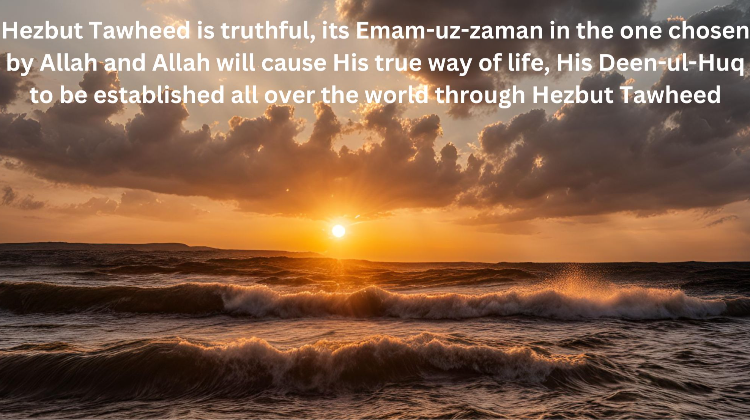

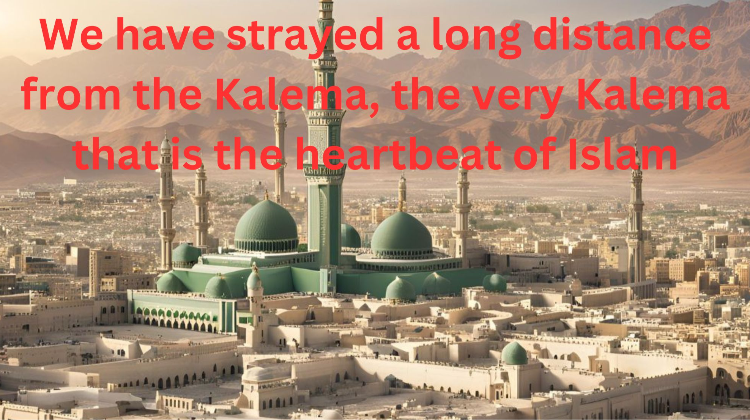
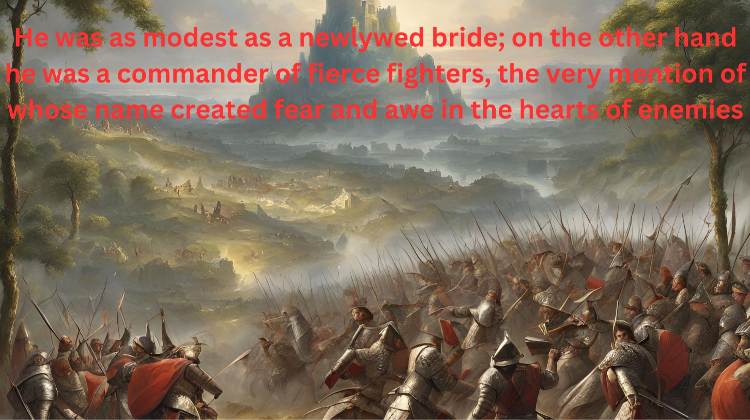
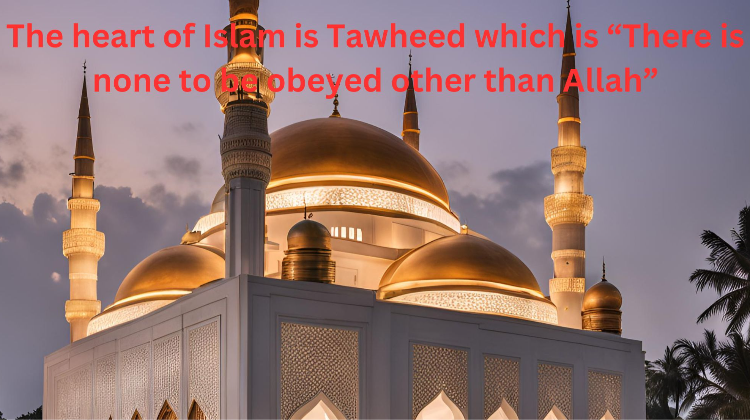
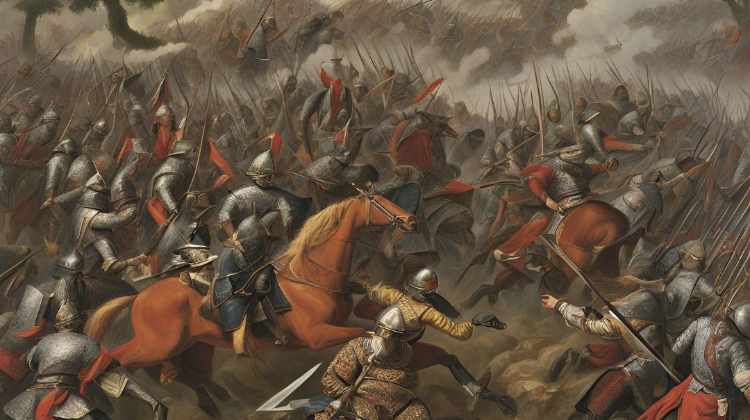
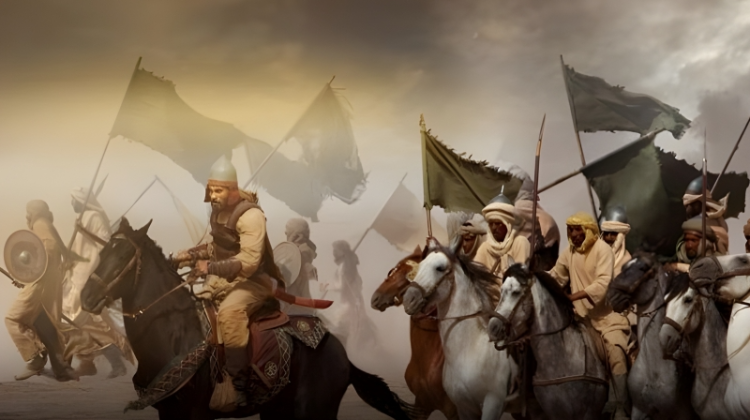


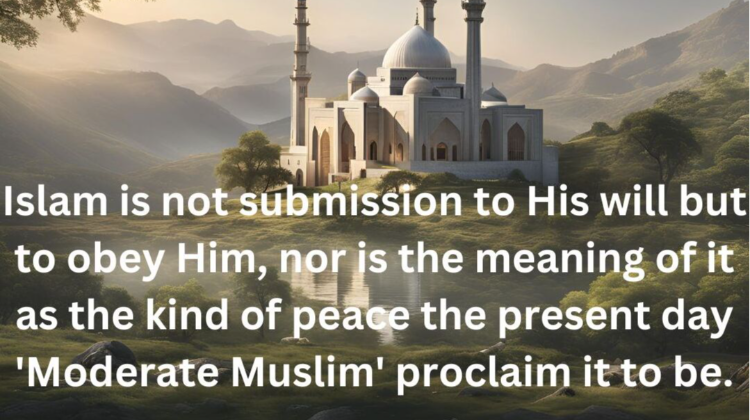
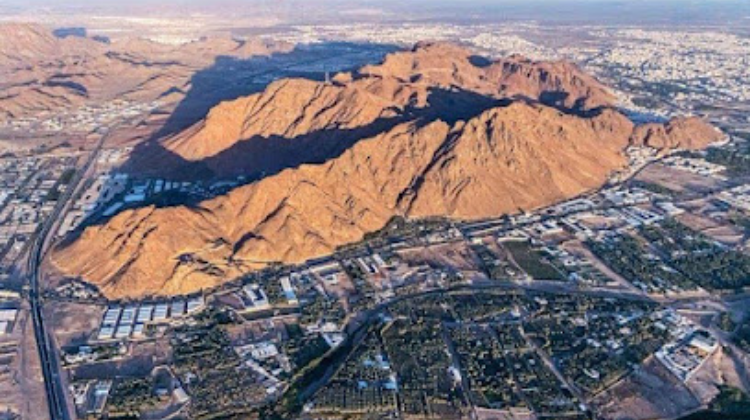
Leave a Comment